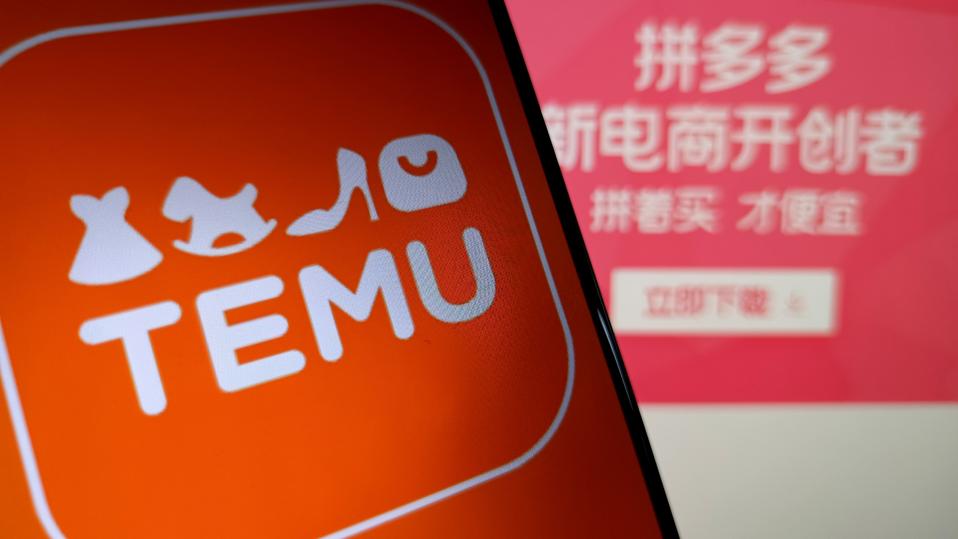Shein, the Chinese-owned fast-fashion giant, is suing rival Temu for copyright infringement, alleging the retailer “masquerades” as an online marketplace by copying products sold by Shein, which faces similar allegations from other brands and retailers.

Key Facts
- In a complaint filed Monday in a Washington, D.C., federal court, Shein accused Temu—owned by PDD Holdings—of orchestrating a “coordinated scheme” of trade secret theft, counterfeiting, trademark and copyright infringement and false advertising.
- At least one Temu employee stole “valuable trade secrets” from Shein that identified the company’s top-selling products, which Temu then directed sellers on its platform to sell “knock-off versions” of, Shein alleges.
- Shein claims that their rival “encourages” sellers to infringe on intellectual property rights and prevents brands from removing their products from Temu’s website.
- Shein also alleges that their rival has “falsely pretended” to be Shein by creating accounts on X, formerly known as Twitter, purporting to be Shein, claiming that they tried to “misdirect customers away from the Shein platform to the Temu platform.”
- Shein requests damages from their rival that would be determined after a trial by jury, in addition to attorney’s fees.
- Temu did not immediately respond to a request for comment.
Surprising Fact
This isn’t the first time Shein and Temu have filed legal complaints against each other. Temu sued Shein in December for alleged “mafia-style intimidation” of manufacturers. They claim that Shein has deployed increasingly aggressive tactics to “illegally interfere with Temu’s business,” including issuing tens of thousands of illegitimate copyright claims. That lawsuit is ongoing. Temu filed another complaint against Shein last July, accusing the company of antitrust violations for allegedly threatening and intimidating suppliers from working with Temu. Last March, Shein sued Temu for allegedly making false statements about Shein while promoting its platform. Both of those suits were dropped in October.
Tangent
Other fashion brands or retailers have accused Shein of copyright infringement. H&M sued Shein last July, alleging Shein stole the company’s intellectual property and sold counterfeit products. Dr. Martens, Ralph Lauren, Levi Strauss, Puma and Adidas have filed similar complaints. Those suits are ongoing.
Key Background
Shein and Temu, two online retailers known for their low prices and extensive catalog of products, have increased in popularity in recent years. Temu, whose owner PDD Holdings also operates Temu’s sister company, the Chinese e-commerce platform Pinduoduo, launched in the U.S. in September. Temu reportedly claimed it could maintain lower prices by “cutting out the middleman” by allowing Chinese vendors to sell and ship directly to American consumers. Shein, founded in 2008, became one of the world’s most popular clothing brands while reaching $100 billion in sales in 2022. The company has been criticized for selling products made in workshops with allegedly unsafe work conditions, including claims some required 17-hour days and docked pay if products had mistakes.
This article was originally published on forbes.com and all figures are in USD.
Look back on the week that was with hand-picked articles from Australia and around the world. Sign up to the Forbes Australia newsletter here or become a member here.


